When it comes to saving for your retirement, there are several options available. With all the various options, it’s important to remember that the best option for you will always depend on your unique preferences and goals. IRAs — or individual retirement accounts — are a popular type of retirement account offered in a variety of forms. You may already be aware of the traditional IRA and the Roth IRA. Did you know there's also self-directed versions of both?
What Is a Self-Directed IRA?
A self-directed IRA is a type of traditional or Roth IRA that someone can choose to invest in non-traditional investments with. A regular IRA is typically for those interested in common investment vehicles, such as stocks, bonds, ETFs, and mutual funds. A self-directed IRA, on the other hand may be beneficial for those looking to own different kinds of assets in their account such as real estate, a privately held company, alternative assets, Bitcoin and other cryptocurrencies, or any other endeavor a custodian will agree to.
Self-Directed IRAs: Rules and Limitations
Contributions to self-directed IRAs have the same limits as typical traditional and Roth IRAs, and the ability for catch-up contributions is the same as well. However, if you’re 50 or older, you can contribute up to $7,000. Under the SECURE Act’s new rules, there is no age cap for contributing to a traditional IRA or self-directed IRA. Required Minimum Distribution (RMD) rules that apply to traditional and Roth IRAs also applies to self-directed IRAs and self-directed Roth IRAs.
Advantages of Self-Directed IRAs
If you’re someone who prefers having more options, a self-directed IRA could be a good fit for you. That’s because with a self-directed IRA, you can invest in a variety of companies, properties, and operations.
If you’re passionate about a certain field or industry, a self-directed IRA offers the opportunity to put your knowledge to the test. Instead of investing in things you know nothing about, you’re able to go after investments you actually have an interest in, which can make the experience much more enjoyable. For example, you could invest in real estate, precious metals, or a privately held company. It’s important to note that regardless of the type of IRA you have, you’re going to need to have a person or company hold the account for you and custody the assets for you.
Regarding a self-directed IRA’s tax advantages, your contributions could either be fully or partially tax-deductible, depending on a variety of factors, just like a traditional IRA. Oftentimes, both the earnings and gains in your IRA are not taxed until they are distributed. If you have a self-directed Roth IRA, withdrawals would be tax-free after having the account for at least five years and reaching age 59½, just like a regular Roth IRA.
Disadvantages of Self-Directed IRAs
When exploring the possibility of contributing to a Self-Directed IRA it’s also important to consider the amount of responsibility required. Because your custodian will be passive — as in they will simply hold the account without providing investment advice — you will need to educate yourself on investment best practices if you want to generate consistent, positive returns. Or you could hire a financial advisor that is able to advise and guide you with your self-directed IRA. Additionally, you’ll be in charge of managing paperwork, records, and transactions, which requires ongoing dedication.
Whereas most traditional IRA and Roth IRA accounts can easily be opened at most broker-dealers and custodians without any opening fees or annual account maintenance fees, self-directed IRAs will have costs associated with establishing and setting up the accounts, annual maintenance, and even trading fees.
Should You Have a Self-Directed IRA?
A self-directed IRA is a good fit for those who enjoy being involved in their own investing and are eager to learn and grow as the market fluctuates, however much of that could be done with a traditional IRA or Roth IRA. They are mainly great solutions for those who want to invest in assets in a retirement account that they would otherwise be unable to. However, they are more complicated to manage and keep track of, and the costs are higher. Whether a self-directed IRA is the right type of retirement account to invest with will depend on each person's individual financial situation and goals. A professional financial advisor can help you determine if it's an appropriate investment option for you and open and invest with one if it is. Want more information and guidance? Go ahead and...
This content is developed from sources believed to be providing accurate information. The information in this material is not intended as investment, tax, or legal advice. It may not be used for the purpose of avoiding any federal tax penalties. Please consult legal or tax professionals for specific information regarding your individual situation. The opinions expressed and material provided are for general information, and should not be considered a solicitation for the purchase or sale of any security. Digital assets and cryptocurrencies are highly volatile and could present an increased risk to an investors portfolio. The future of digital assets and cryptocurrencies is uncertain and highly speculative and should be considered only by investors willing and able to take on the risk and potentially endure substantial loss. Nothing in this content is to be considered advice to purchase or invest in digital assets or cryptocurrencies.
Enjoying Escient Financial’s Insights?
The weekly newsletter is usually delivered to your email inbox Friday or Saturday, and includes:
- the latest Escient Financial Insights articles
- a brief of the week's important news regarding the markets
- recommended third-party reads
- selected Picture of the Week
Escient Financial does NOT sell subscriber information. Your name, email address, and phone number will be kept private.
















